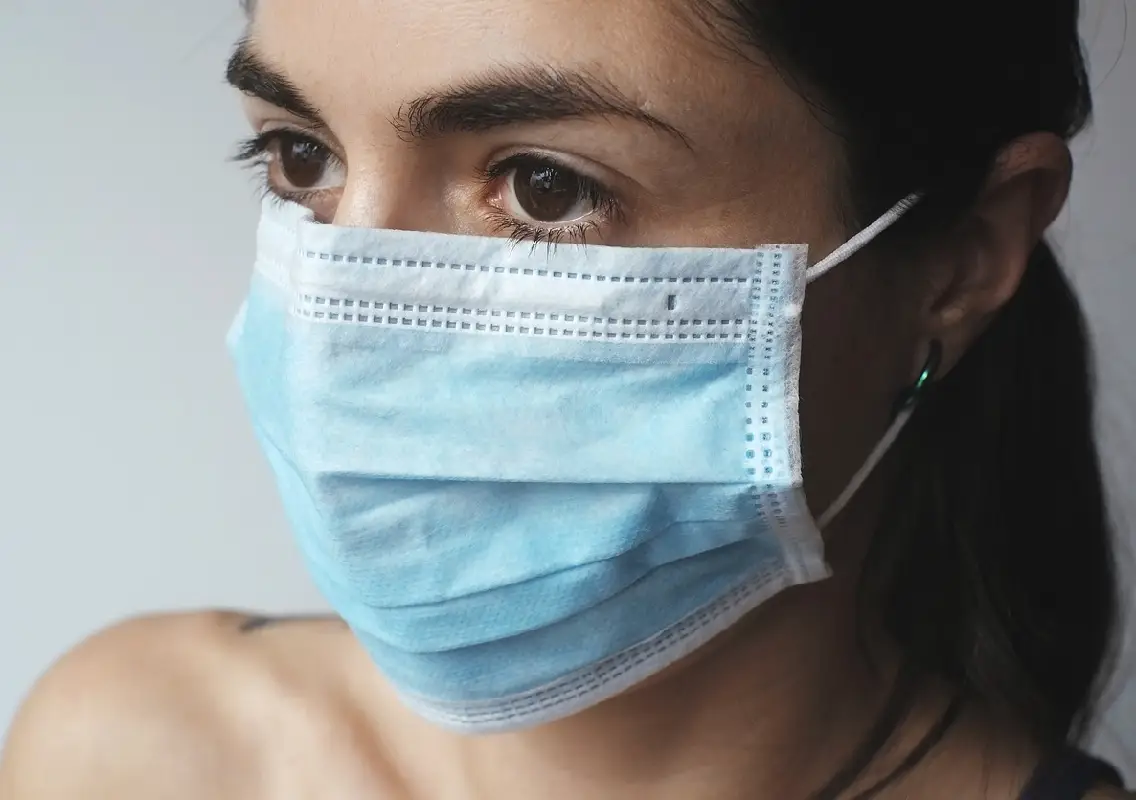By News Karnataka
Copyright newskarnataka

New Delhi: Once hailed as a lifesaving shield against the Covid-19 virus, disposable face masks are now emerging as a serious environmental and health hazard. Scientists warn that the very equipment that helped the world navigate a deadly pandemic is leaving behind a “chemical timebomb” of microplastics and harmful chemicals.
Billions of masks, no recycling system
At the peak of the pandemic, an estimated 129 billion disposable masks were being used every month worldwide. Made largely from polypropylene, these single-use masks were cheap and effective, but also non-recyclable. With no proper disposal or recycling system, millions of tonnes of used masks have ended up in landfills, rivers, and oceans, creating a long-term waste crisis.
Study raises alarm over microplastics
A recent study published in the journal Environmental Pollution, led by Anna Bogush of Coventry University’s Centre for Agroecology, Water and Resilience, has shed light on the risks posed by discarded masks. Researchers tested different mask types and found that every single one released microplastics when exposed to water.
High-grade protective masks such as FFP2 and FFP3 were the worst offenders, shedding four to six times more plastic particles than standard surgical masks. Many of these particles are less than 100 micrometres in size — small enough to enter food chains, contaminate water supplies, and even be ingested by humans and animals.
Chemical timebomb: hormone disruptors
The study also discovered that masks leach bisphenol B (BPB), a chemical similar to the widely known bisphenol A (BPA). BPB mimics estrogen and can disrupt hormones, potentially leading to reproductive issues, developmental disorders, and long-term health risks in humans and wildlife alike.
Researchers estimate that during the pandemic alone, discarded masks may have released between 128 and 214 kilograms of BPB into the environment — alongside trillions of microplastic particles that continue to spread across ecosystems.
From protecting us to harming us
What makes the findings particularly concerning is the irony: the masks that once protected people from a deadly virus are now contributing to a new set of health and environmental challenges. “We can’t ignore the environmental cost of single-use masks, especially when we know that the microplastics and chemicals they release can negatively affect both people and ecosystems,” Bogush cautioned.
The way forward
Experts stress the urgent need for sustainable alternatives, such as reusable or biodegradable masks, coupled with stronger waste management systems. Public awareness campaigns, stricter regulation of medical plastic waste, and investments in recycling infrastructure are also being recommended to prevent further environmental fallout.
While the pandemic may have ended, its legacy of plastic waste is a crisis that could linger for decades unless immediate action is taken.



